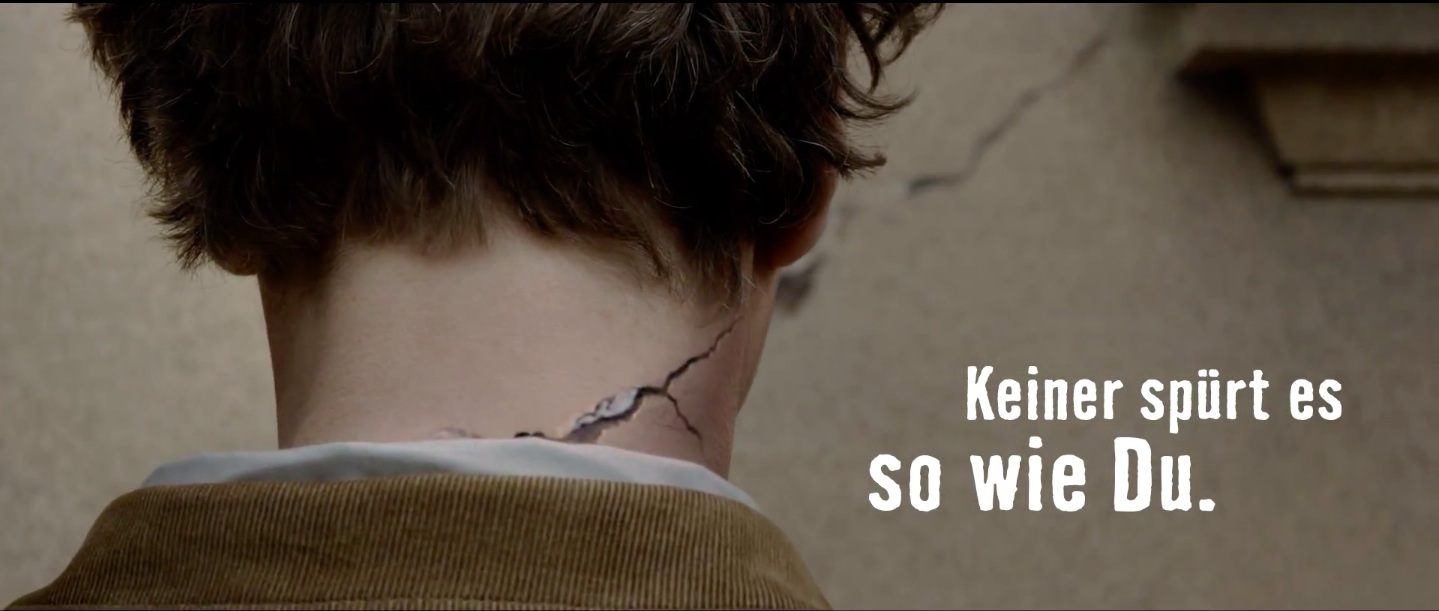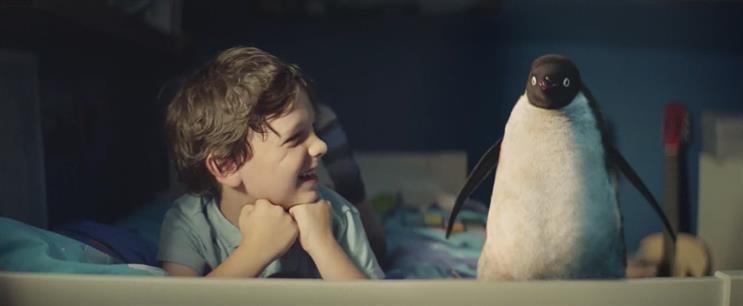Do you enjoy talking in English?
What would help you get better at talking in English?
Do you sometimes talk too much?
Who do you like talking to most in the whole world?
Do you like talking to strangers?
Do you ever struggle in conversation?
to find the right words
to think of something to say
to feel motivated to converse
to get the conversation started
to keep the conversation going
Always searching for anecdotes
prolonging a conversation unnecessarily
struggling to find common interests
lacking storytelling confidence
mis-timing your entrance
You end the conversation at the wrong moment
Rank the following from easiest to hardest:
To start a conversation
To finish a conversation
To change topic in a conversation
To get the other person to contribute to a conversation
To get the other person to stop talking for a moment
To disagree without offending the other person/people
To finish a conversation
To change topic in a conversation
To get the other person to contribute to a conversation
To get the other person to stop talking for a moment
To disagree without offending the other person/people
When was the last time you talked into the wee hours with someone?
Where do you talk more?
in the classroom
in the car
in the train
in a cafe
online
Do you like your own voice?
What would you most enjoy talking about?
a famous painting cats your house the weather politics your culture sports
travel yourself nightlife new foods you haven't tried your feelings music
Here are some expression with the word "talk" - can you guess what they mean?
sweet talk
small talk
sleep talk
straight talk
sales talk
to talk shop
to talk truth
to talk rubbish
to talk sth over
to talk yourself out
The following pictures represent idioms literally
Lip service
The government only pays lip service to the idea of improving the living standards of the poor.
A slip of the tongue
"Be careful what you say to the police - a slip of the tongue could get us all put in jail."
Try these out - there's no correct answer
She said
" ", she answered.
" ", she responded.
" ", she replied.
" ", she retorted.
" ", she called.
" ", she explained.
" ", she laughed.
" ", she screamed.
" ", she shouted.
" ", she admitted.
" ", she lied.
" ", she whispered.
" ", she sobbed.
" ", she hissed.
" ", she answered.
" ", she responded.
" ", she replied.
" ", she retorted.
" ", she called.
" ", she explained.
" ", she laughed.
" ", she screamed.
" ", she shouted.
" ", she admitted.
" ", she lied.
" ", she whispered.
" ", she sobbed.
" ", she hissed.
" ", she apologised.
Hey there!
You're wrong about that
No thanks
Go away!
I can't go on!
I love you
I hate you
I'm sorry, it's all my fault
It is very late and I am too tire to discuss this
Only an idiot would say that
I'm depressed
I suppose you're right
stop it at once
I'll be there in a minute
I'm just not ready for this level of commitment
What is she actually saying to him?
She: Hey - are golfing today? It's the second time this week.
He: But you said it was fine?
She: It is fine. It's perfectly fine.
What does she mean?
She: Are you wearing that?
She: Hey do you want to get some coffee?
She: I'll be ready in a minute.
She: Do you think she's pretty?
What does he mean?
He: Hey - mind if I catch a movie with the guys?
He: Wow - you're beautiful.
He: I'm fine. Really. Stop looking at me.
Do you like getting or giving advice?
Which things to do like to get advice about?
health
love life
shopping
restaurants
family matters
travel ideas
friendship
school
career
books to read
films or TV shows to see
money matters
Where do you get advice? - books, friends, family, TV, online...
Do you need advice on anything at the moment?
Has anyone ever given you some really bad advice?
Has anyone ever given you some good advice?
What's the difference?
We stopped to talk. We stopped talking.
I once asked a Japanese student what she missed most from Japan. She said "talking without speaking".
What do you think she meant?
Can you think of a better way to say this?
How was you're weekend?
It was good.
How's your soup?
Good.
Did you enjoy that class.
No
That's a nice shirt.
Thanks.
What do you think about Joanna?
She's nice.
How are you feeling after she spoke to you that way.
Bad.
Tell me about you'r family?
They are nice.
What are your plans this weekend?
I don't know
Recreate this simple story. You can't use nice good, big , or bad, and you can't repeat yourself.
Last weekend I performed with my band at a book launch. Lots of nice people came and the room was big and really nice. It felt good to play to a big crowd of nice people. The listened to the music good. It made me feel good about my music, which was nice. I'm quite bad at feeling good in crowds though. It doesn't feel good, even though I try to be nice. I just always somehow feel bad, you know? Anyway, my girlfriend was really nice and videoed our performance. I expected it to sound bad, but when I watched it it sounded pretty good. That's nice.
Big talk
Are you a fast talker?
Do you mind being interrupted?
Do you tend to talk directly or indirectly about your feelings?
Are you a fast talker?
Do you mind being interrupted?
Do you tend to talk directly or indirectly about your feelings?









